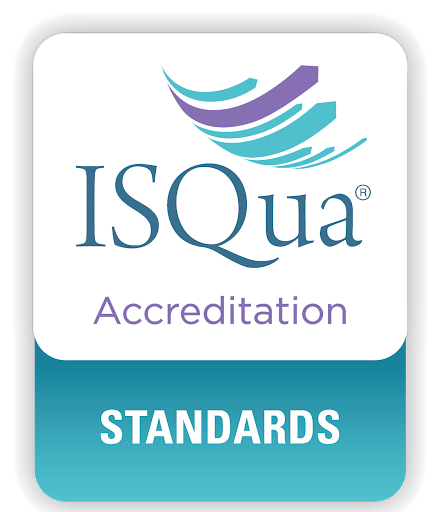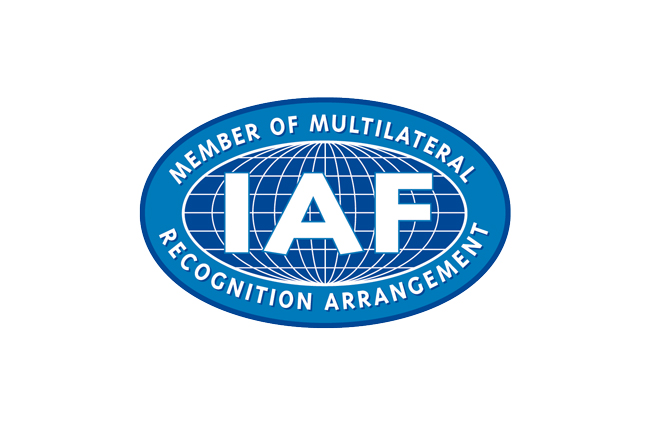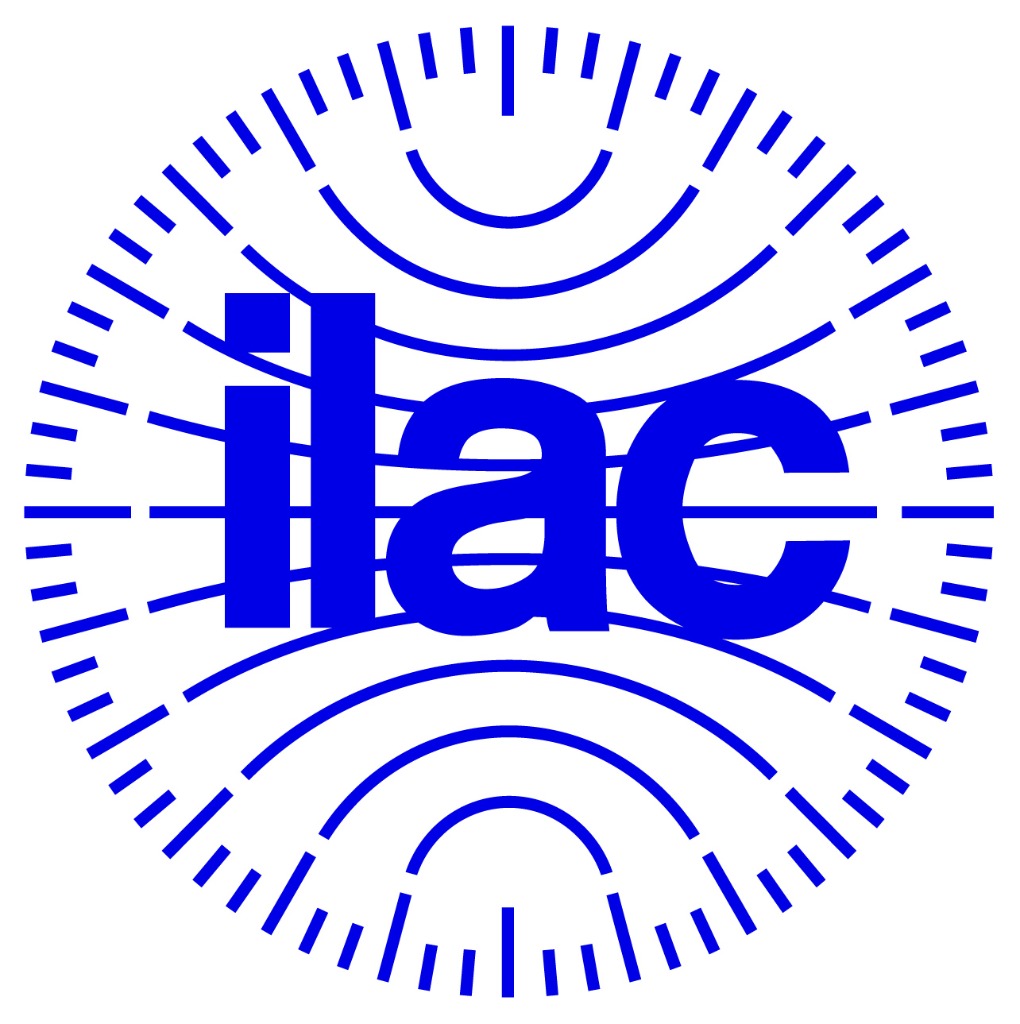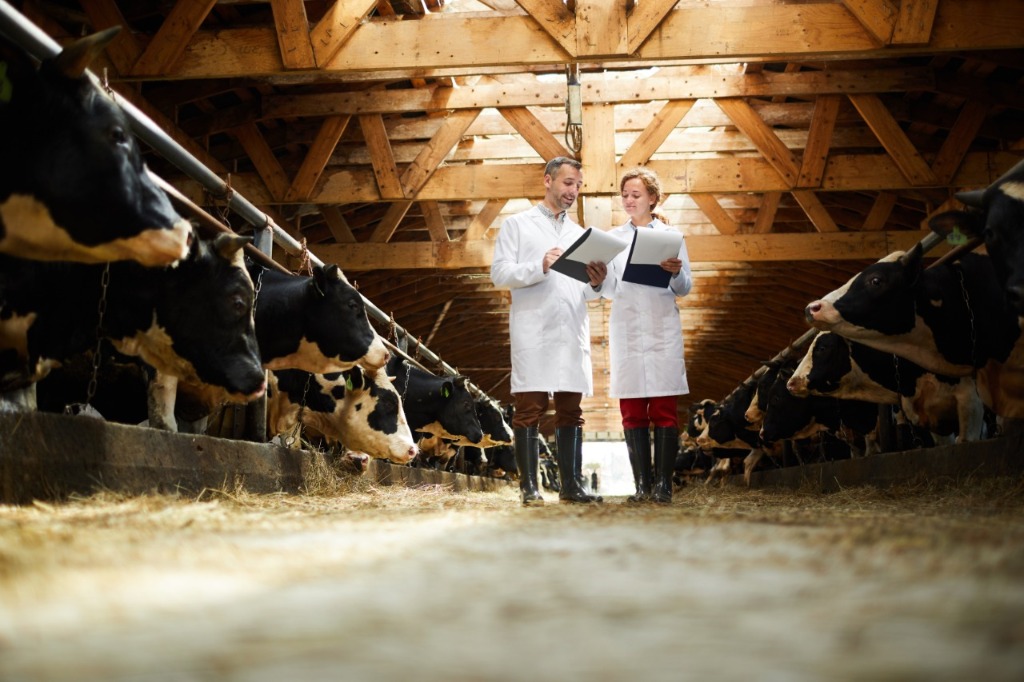Food inspection and audit – Know more
The food industry is one of the largest sectors of business in the United Arab Emirates as a whole, especially in Dubai. According to statistics, production of food products and food industry in the UAE make 47% of the national sector of the non-resource industry; with production of meat and meat products, dairy, bakery products, refined sugar, vegetable oils, bottled water and dessert products being the major businesses of this sector. Beside production, UAE undertakes massive imports, not just for internal consumption, but for re-export too. Through its thriving food industry, UAE has carved a niche for itself in the food and beverage market worldwide, thereby attracting investment from both local companies as well as foreign direct investments. In this context, it goes without saying that food security becomes a very critical element from the view of businesses and consumers as well as the Government itself.
Food safety plays an important role in food security, especially in countries like the UAE, where imports satisfy a large part of its food needs. Hence, UAE has taken measures to ensure quality management, like passing laws on food safety, introducing a National Food Accreditation and Registration System, launching a National Rapid Alert System for Food and applying control of imported food.
Food Safety Monitoring Bodies in the UAE
While food safety in the emirate of Abu Dhabi is ensured by Abu Dhabi Agriculture and Food Safety Authority, the municipal authorities of Dubai, Sharjah and the other emirates monitor food safety in their respective regions. These entities carry out random inspections of food businesses including stores and restaurants to make sure that the quality of food supplied comply with the prescribed health requirements and standards and to ensure that it is fit for human consumption.
Basis of Inspection
The inspection is conducted on the same bases on which the license is issued to a food enterprise. Every business, whether a producer or a marketer, importer or exporter, shall adhere to the general hygiene requirements which are uniform to all businesses, apart from tending to the specific standard requirements for each business based on its category in the food trade or position in the food chain. The general components of a food safety audit/ inspection normally revolve around cleanliness and ventilation of the place, availability of approvals, water and drainage connections, provision of insect killers, use of equipment & utensils as per standard, access of food safety training courses to employees and so on.
Grading System
After completion of the audit, the food safety auditors/ inspectors write an inspection report with recommendations, notes and violation list, if any, and the grade awarded to the establishment. On the basis of such a report, the business must take necessary measures within the specified period to avoid applicable actions. Any business that earns a grade A will be considered excellent in hygiene and food safety, while grades B & C indicate need for improvement. However, grade D & F highlight the need for immediate and serious action; and inability to bring about changes and getting consecutive grading of the same type will result in temporary closure of all activities in the establishment for one week.
Correction Action Plan
In the wake of an establishment obtaining Grade B or under, especially Grade D and F, immediate corrective actions shall be taken as per the violation details found and shall be recorded in the corrective action plan.
The Quality Assurance team shall always consider the checklist of points with regard to food preparation, food packaging and storage, food safety application, hygiene and food safety training to employees and also during internal audits in order to detect and resolve any potential issues. Such enterprises may also refer to and adopt the ISO 22000 standard which specifies requirements for a food safety management system. It lists the food safety standards that an organisation needs to maintain to demonstrate its ability to control food safety hazards. It can be used by any player in the food business regardless of its size or position in the food chain.















